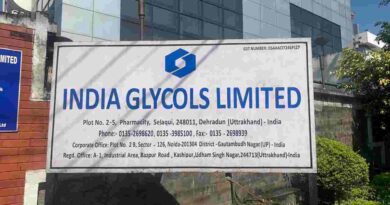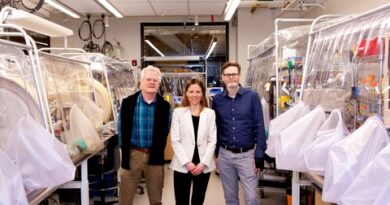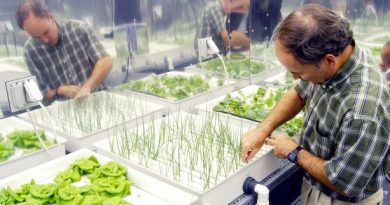Food Waste Can Help Cut Fossil Fuel Use: Research

New technology developed by researchers at the University of Waterloo engineers natural fermentation to produce a biodegradable chemical that can be refined as a source of energy.
The chemical could also be used to replace petroleum-based chemicals in a host of products including drugs and plastic packaging.
“People like me, environmental biotechnologists, look at food waste as a tremendous resource,” said Hyung-Sool Lee, a civil and environmental engineering professor at Waterloo. “With the right technologies, we can extract numerous useful chemicals and fuel from it.”
Wasted food account for a worldwide economic loss of an estimated USD 1.3 trillion every year. Most of that discarded food goes into landfills, researchers said.
The technology already exists to reduce the environmental impact by diverting food waste, collecting methane gas as it is broken down by microorganisms and burning the gas to produce electricity.
However, Lee said that the system – known as anaerobic digestion – ultimately yields little or no net benefits when the high costs of food waste mixing and wastewater treatment are taken into account.
The technology dramatically cuts those costs by collecting and recirculating leachate – a microbial cocktail mixed with microorganisms and nutrients – that trickles through the food waste in holding tanks, rather than stimulating biodegradation by intensive mixing.
As they eat and digest food waste, the microorganisms in those tanks also spit out a chemical byproduct called carboxylate, which has numerous potential uses as a substitute for petroleum, or crude oil.
In addition to being cheaper and more productive than existing technology, he said, the system is designed for use on small and medium scales.
“Even small towns could have their own systems,” said Lee, who collaborates with GHD, a consulting firm in the clean-technology market. “Food waste collected in green bin programs wouldn’t have to be transported long distances to enormous, centralized facilities.
The next step in the research involves testing the technology on a larger scale, with a long-term goal to commercialize it within four to five years.




